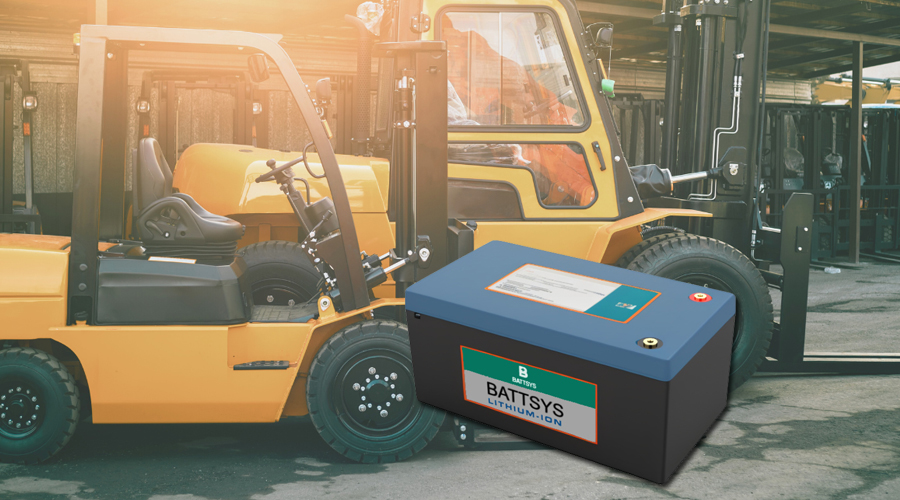Which is better, traditional lead-acid batteries or lithium batteries.
Lead acid batteries and lithium batteries each have their own advantages and applicable scenarios. The following is a detailed comparison of their performance:
Endurance capability
Lithium batteries: Under the same volume or weight conditions, the endurance of lithium batteries is generally better than that of lead-acid batteries. This is mainly due to the higher energy density of lithium batteries, which allows them to store more electrical energy under the same weight or volume.
Lead acid batteries: Although their energy density is low, they still have a wide range of applications in certain situations that require large-scale energy storage, such as UPS power supplies, electric forklifts, etc.
 Weight and volume
Weight and volume
Lithium batteries: Lithium batteries are typically lighter in weight and smaller in size compared to lead-acid batteries, while providing similar battery life. This makes lithium batteries have broad application prospects in portable electronic devices, electric vehicles, and other fields.
Lead acid batteries: Due to their large volume and weight, they are usually not suitable for situations that require lightweight and compact design.
Security
Lead acid batteries: They have high safety and generally do not experience open flame combustion, but may bulge and smoke.
Lithium batteries: Due to their active internal chemical reactions, they may experience dangerous situations such as explosions under extreme conditions such as high temperatures and overcharging. Therefore, special attention should be paid to safety issues when using lithium batteries.
Price
Lithium batteries: They use advanced materials and complex manufacturing processes, and their prices are usually much higher than lead-acid batteries. Under the same battery life, the price of lithium batteries may be two to three times that of lead-acid batteries.
Lead acid battery: As a traditional battery technology, its cost is relatively low, so it has a significant advantage in price.
Other performance characteristics
Lead acid batteries: high voltage (2.0V), easy to float charge, no "memory" effect, good high and low temperature performance (working in the temperature range of -40~60 ° C), energy efficiency up to 60%, easy to identify the state of charge, etc.
Lithium batteries have a wide range of application prospects in energy storage and mobile energy applications due to their high energy density, long cycle life, low self discharge rate, low internal resistance, small size, and lightweight.
Applicable scenarios
Lithium batteries: suitable for applications such as electric vehicles, smartphones, drones, energy storage power stations, solar power stations, etc. that require high energy density, lightweight, and compact design.
Lead acid batteries: suitable for UPS power supplies, electric forklifts, car starter batteries, and other applications that require large-scale energy storage and low cost.
In summary, lead-acid batteries and lithium batteries each have their own advantages, and the choice of which battery is better depends on the specific application scenario and needs. In situations where high energy density, lightweight, and compact design are required,
lithium batteries are a better choice; In situations where large-scale energy storage is required and the cost is relatively low, lead-acid batteries have more advantages.
